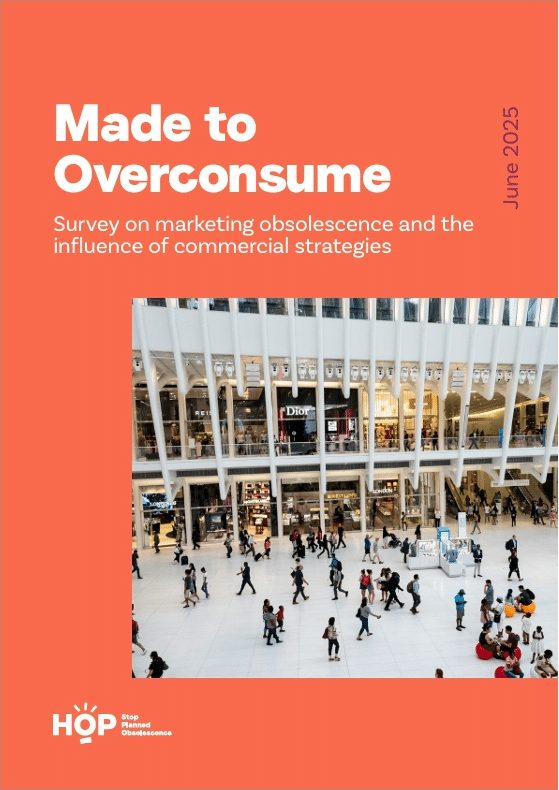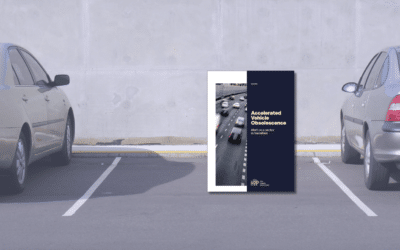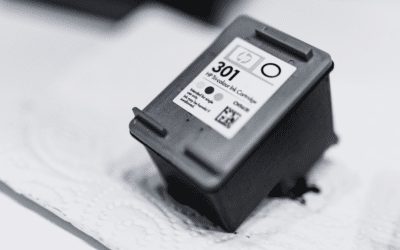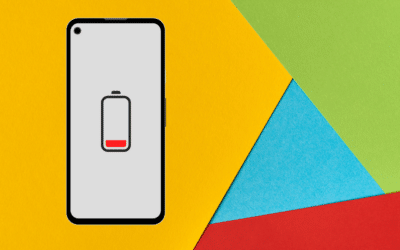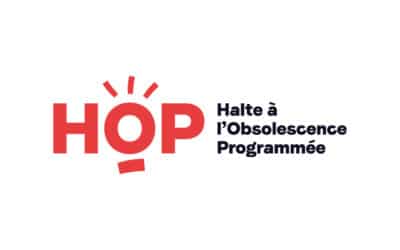In its latest report, HOP draws up an inventory of the marketing techniques that push us to buy ever more, in order to understand the extent to which citizens are conditioned for overconsume despite calls for responsible consumption.
The association is calling on the sector and public authorities to take action to regulate these practices.
Consumption urging that create a paradox
90% of French people say they are at least aware of responsible consumption (Occurrence – IFOP Group survey for HOP, March 2025). Yet at the same time, they are inundated with marketing incentives promoting the replacement of products that are sometimes still functional.
It’s overwhelming for many consumers. According to the HOP survey, 66% of French people say they feel overexposed to advertising.
While some players in the sector use these tools to promote virtuous products and services, sustainability marketing is still very much in the minority.
An accumulation of stratagems
At every stage of a product’s life cycle, from design to distribution, pricing and advertising, marketing techniques encourage overconsumption. We are unwittingly swimming in a sea of marketing, whose presence and influence are heightened by digital technology.
This well-oiled marketing toolbox contains a plethora of methods, each of which seems harmless when taken separately. Ultimately, customers are trapped, manipulated and conditioned, as if caught in a spider’s web, and the dream of an ecological transition slips away. For HOP, the issue is systemic. To list just a few examples, which add up to a whole lot more: premature renewal of product ranges; technowashing that highlights innovation but often does not change the substantial use of the product; low introductory offers that hide a higher final cost; the use of cognitive biases such as repetition; influencers exploitation; “closed aisle” layouts in stores; manipulation of self-esteem and feelings of frustration; disdain for circular economy practices such as repair, presented as ‘tinkering’…
According to the survey conducted by HOP, technowashing influences the replacement of products that are still functional in more than 50% of cases. Announcements of innovation and progress push consumers to always prefer new products.
Dark patterns – interfaces that deliberately mislead consumers, are becoming commonplace, in the form of games on e-commerce websites and apps, for example. According to the OECD, nine out of ten consumers have already been affected by dark patterns. By exploiting the cognitive biases of internet users, platforms and apps are stretching our time online to an average of 3.5 hours per day in France, or more than 53 days per year. These dark patterns aim to make us consume more, increase the time we spend online, or harvest our data to better target advertising to our preferences.
The list goes on. And the consequences for consumers and the environment are serious.
HOP calls on public authorities and the sector to take action
HOP calls on public authorities to tackle the issue of inciting overconsumption. While some have shown that marketing can be used to promote product sustainability, this must become the norm rather than the exception. To reach its conclusions, HOP conducted a field survey and numerous hearings, bringing together 33 citizens and 10 experts at a forum in March 2025. It also brought together professionals from the sector on June, 6 at the French Senate. HOP has formulated 30 proposals to combat marketing that encourages overconsumption, including:
- the recognition in law of the offence of marketing obsolescence;
- improved regulation of advertising, with the power to impose sanctions;
- the introduction by the public authorities of a roadmap for sustainable marketing and responsible consumption in consultation with all stakeholders, with a view to adopting a framework law by 2026;

